In the contemporary world, health and comfort are at the topmost priority of most people. It means keeping fit and energetic, having a working immune system, and aging well. Sleep quality is somewhat related to both physical and mental well-being. At the end of a very tiring day, nothing justifies curling up in bed and letting go, lost into eternity. To talk of that, your sleeping environment plays an essential role in giving you a restful sleep and making you feel rejuvenated to face the next day. That includes your bedding, too. Your standardized bedding set, comprising a fitted sheet, flat sheet, pillowcases, and a Comforter should meet your preferences and needs as if customized specifically for you. This blog will discuss a vital component of your bedding, a Comforter or a duvet insert, and how to choose the right one. Read along to make an informed decision!
What Are Duvet Inserts?
A duvet insert or comforter is a plush quilt that fits inside a duvet cover. In case you are tired of your bedroom's look, you can simply change the duvet cover and enjoy the fresh decor without the need to switch to the bulky duvet insert. The fluffy layer of duvet insert adds to the coziness of your bedding and ensures you easily slip into the deepest slumber. It can be made of various materials, depending on the warmth and insulation required during sleep.
Typically, a duvet insert or comforter is filled with down feathers, making it breathable, lightweight, warm, and also expensive. Other than downfill, there are other down alternatives made of different materials that are less expensive. With that said, the quality of your duvet insert is very important for you to sleep comfortably.
Has it ever happened to you that you have spent almost the entire night tossing and turning in your bed? Was it because of your duvet insert material? If yes, it's time for you to know that you have various options in the form of:
- Down alternatives that contain synthetic materials and
- Others that use natural fibers of cotton & wool, etc.
How To Choose the Right Duvet Insert?

The choice of a duvet insert largely depends on the following:
1. Personal preferences
2. Climate
3. Lifestyle Needs
4. Spending power
Down Alternative Duvet Insert: Best if you are hypoallergenic

The term down alternative is usually used to refer to fills made of synthetic fibers like microfiber or polyester. Microfiber duvet inserts use tightly woven, super-fine polyester fibers of specific lengths. As such, they are able to mimic the same warmth of a real goose down insert.
-
Pros
They are lightweight, have wonderful plumpness and a silk-like feel, and offer excellent warmth. And the best part is that they are not expensive at all. Microfiber duvet inserts are designed to offer hypoallergenic freshness, enabling sensitive sleepers to sleep stress-free and comfortably. Moreover, they are highly durable and require hardly any maintenance.
-
Cons
Down alternative duvet inserts are less breathable and may make you feel too warm. They also require replacement every few years.
Cotton Insert: Best for year-round comfort
Cotton fibers are strong, long-lasting, and delicate on the skin. Moreover, they are lightweight and incredibly versatile. Besides, organic cotton comforters are also a viable option for environmentally conscious people. The hand-tufted organically grown cotton in them ranks higher on sustainability.

Cotton is highly popular as a duvet insert, considering its breathability, softness, and durability. We, humans, can lose almost a liter of water in perspiration during our sleep. Women with hormonal issues or impending menopause are prone to excessive sweating. If your duvet insert is not able to manage this moisture, it will get absorbed by your mattress, where dust mites can breed, putting you at risk of skin and other allergies. Cotton has a high natural moisture-absorbing capacity. Besides, phase change materials (PCMs) are at times incorporated into cotton duvet inserts to help with temperature regulation and keeping the sleeper cool.
-
Pros
Made of natural fibers, it does not contain harsh chemicals and is a good choice for people with sensitive skin. Besides, it allows air to move freely, hence perfect for hot sleepers or people living in warmer climates. A cotton duvet insert is fairly easy to maintain. With proper care, it can last for many years.
-
Cons
Cotton duvet inserts can be prone to shrinkage when exposed to high temperatures in the dryer. It is essential to follow care instructions. To counter this, they are sometimes made oversized, giving them the margin to shrink to standard size after the first wash.
Wool Duvet Insert: Best for cold climates
A wool duvet insert, just like its down counterpart, offers luxurious warmth on a cold night. But unlike down duvet inserts, wool offers breathability and manages moisture. Extracted from the coat of sheep, wool has natural insulation properties and requires zero to very low usage of harsh chemicals.

-
Pros
Wool has far better moisture management properties than down. It can soak almost 30% of its own weight in moisture from your skin. The breathability of wool allows the moisture to evaporate into the air while your bed remains dry, healthy, dust-free, and mold-free. Moreover, wool is highly eco-friendly, sustainable, and perfect for cold sleepers or people living in cold climates. -
Cons
A few people may be sensitive to wool fiber, so it's advisable to test before investing. Besides, wool duvet inserts are typically not machine washable. Tumble drying is a strict no! They normally require professional cleaning or careful handwashing.
The Endless Variety of Duvet Inserts:
Duvet inserts, just like their materials, come in various sizes, too. That includes Twin, Queen, King, and Full/Queen. Besides, they come in white, dyed, and undyed variants. Pricing varies as per brand and country.
There Is No One-Size-Fits-All Scenario When We Talk of Duvet Inserts In a nutshell:
- If you are looking for a duvet insert that is hypoallergenic, affordable, and easy to maintain, Down Alternative should be your choice.
- If you are living in a warm region or are a hot sleeper, you must go for something breathable, lightweight, and moisture-absorbent—in other words, a cotton duvet insert.
- For going all-out eco-friendly and environmentally sustainable, an organic cotton duvet insert is a great option, too.
- For cold seasons or braving harsh winters, you must look for maximum warmth offered by a wool duvet insert. They are an eco-friendly option, too.

Delara: The best duvet inserts money and practicality can buy.
As mentioned earlier, quality plays a very important role in the comfort and durability of the duvet insert. From the sourcing of the material to processing, each step must be monitored and scrutinized so the finished product is top-notch. Delara blends hands-on procurement of materials with its state-of-the-art workmanship to offer duvet inserts and comforters that are high in standards of comfort and quality. With the winter approaching, a duvet set would be the most appropriate and high-utility investment. It can definitely also be a great Thanksgiving gift. Visit our website today to find the perfect one that fits your needs and preferences.



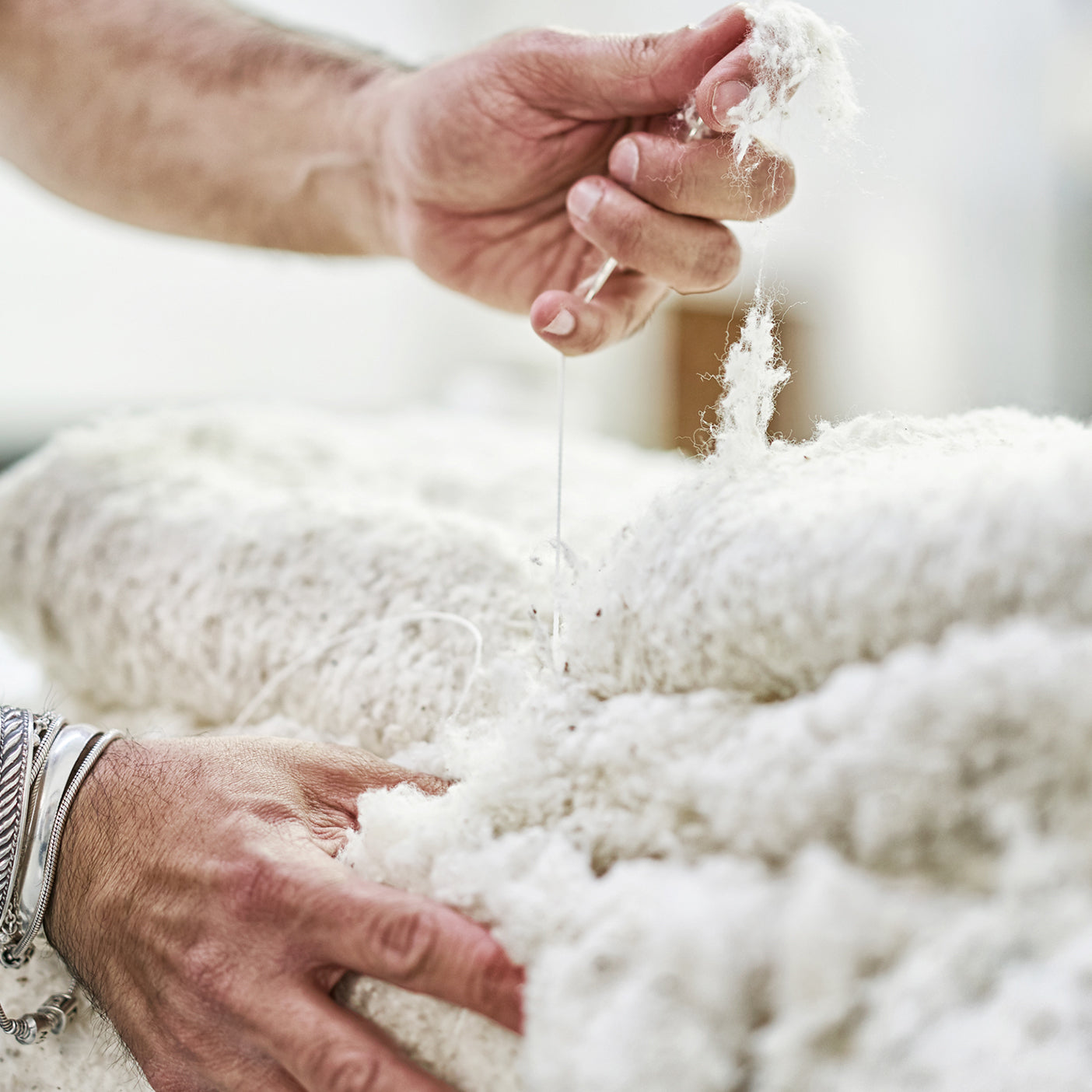
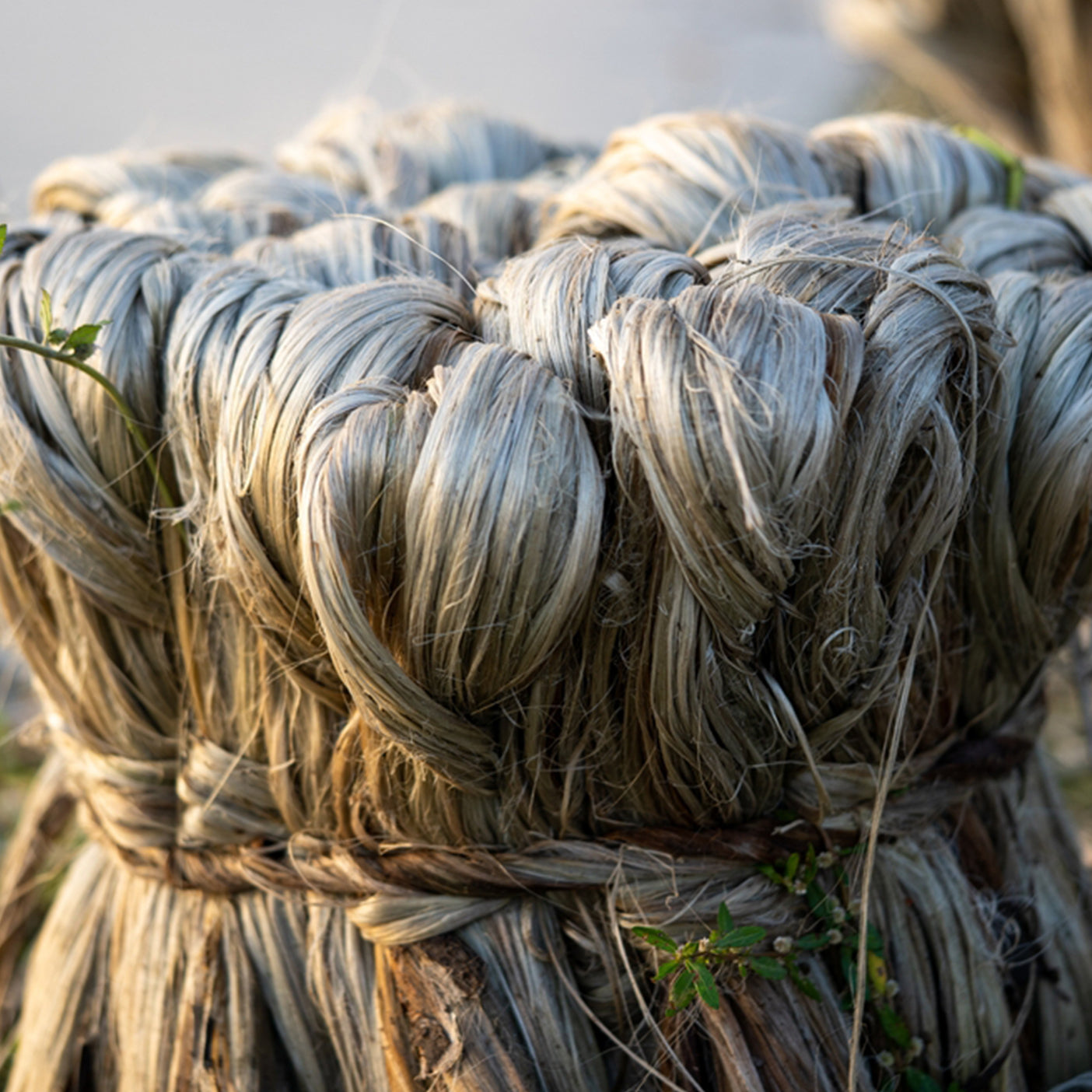
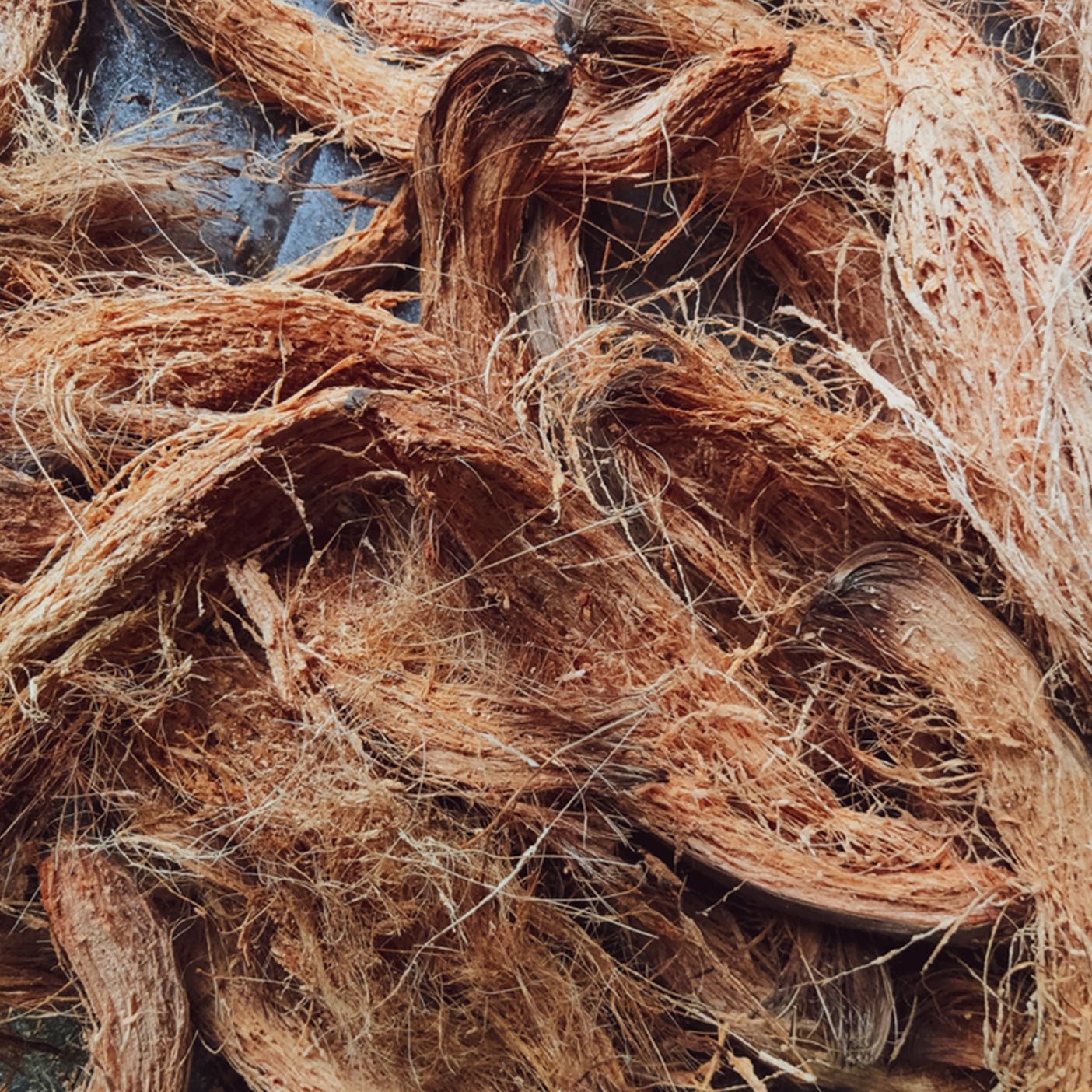

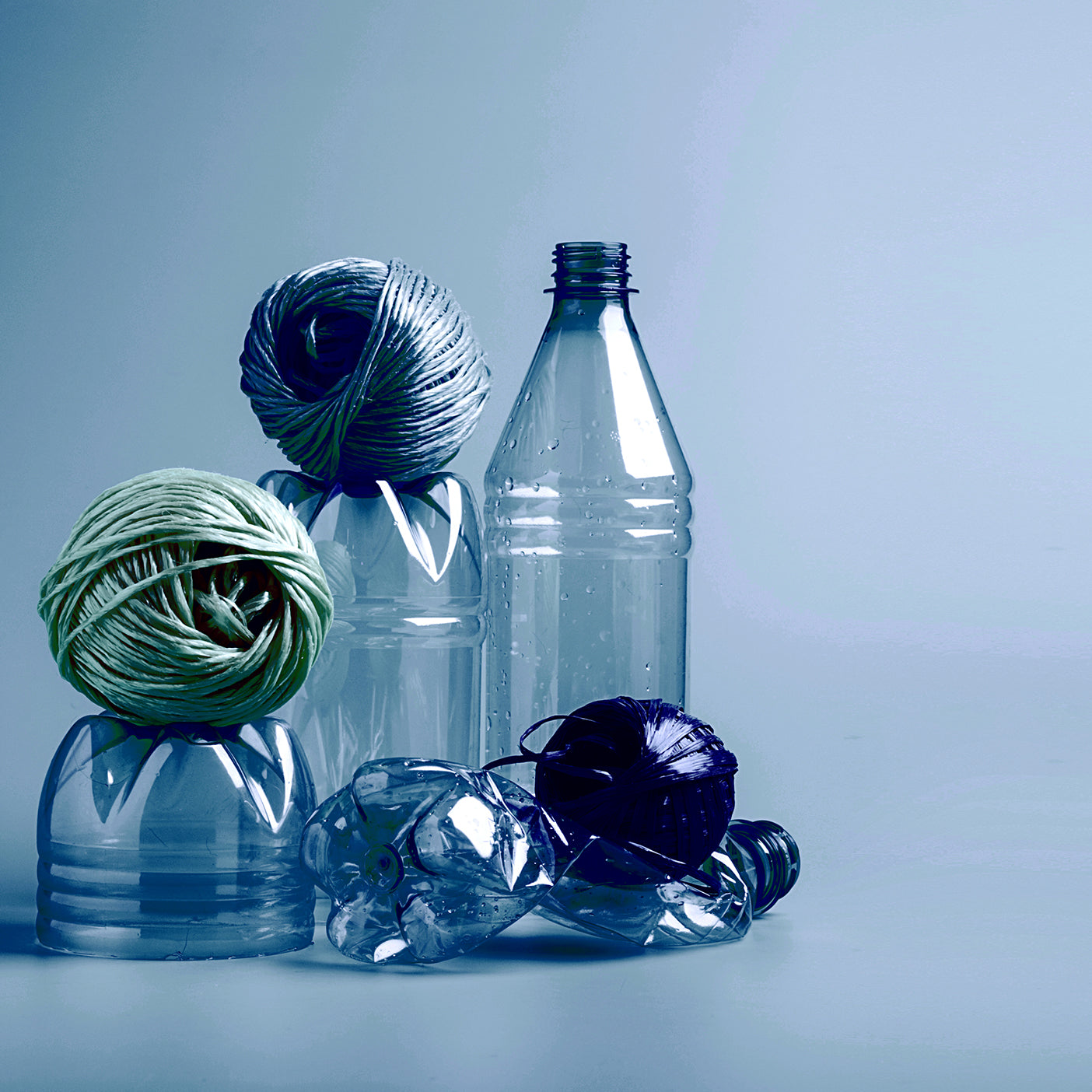
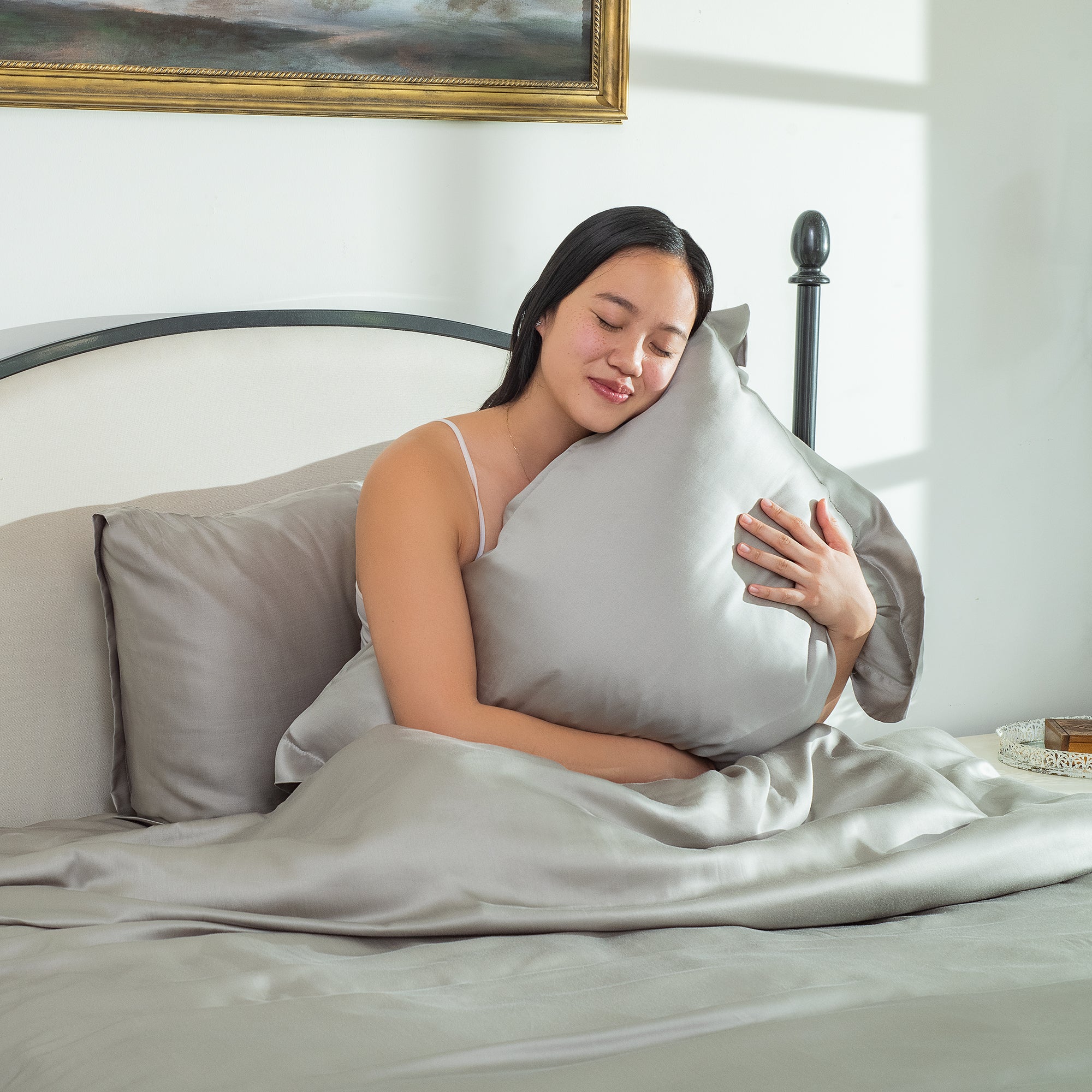
Leave a comment